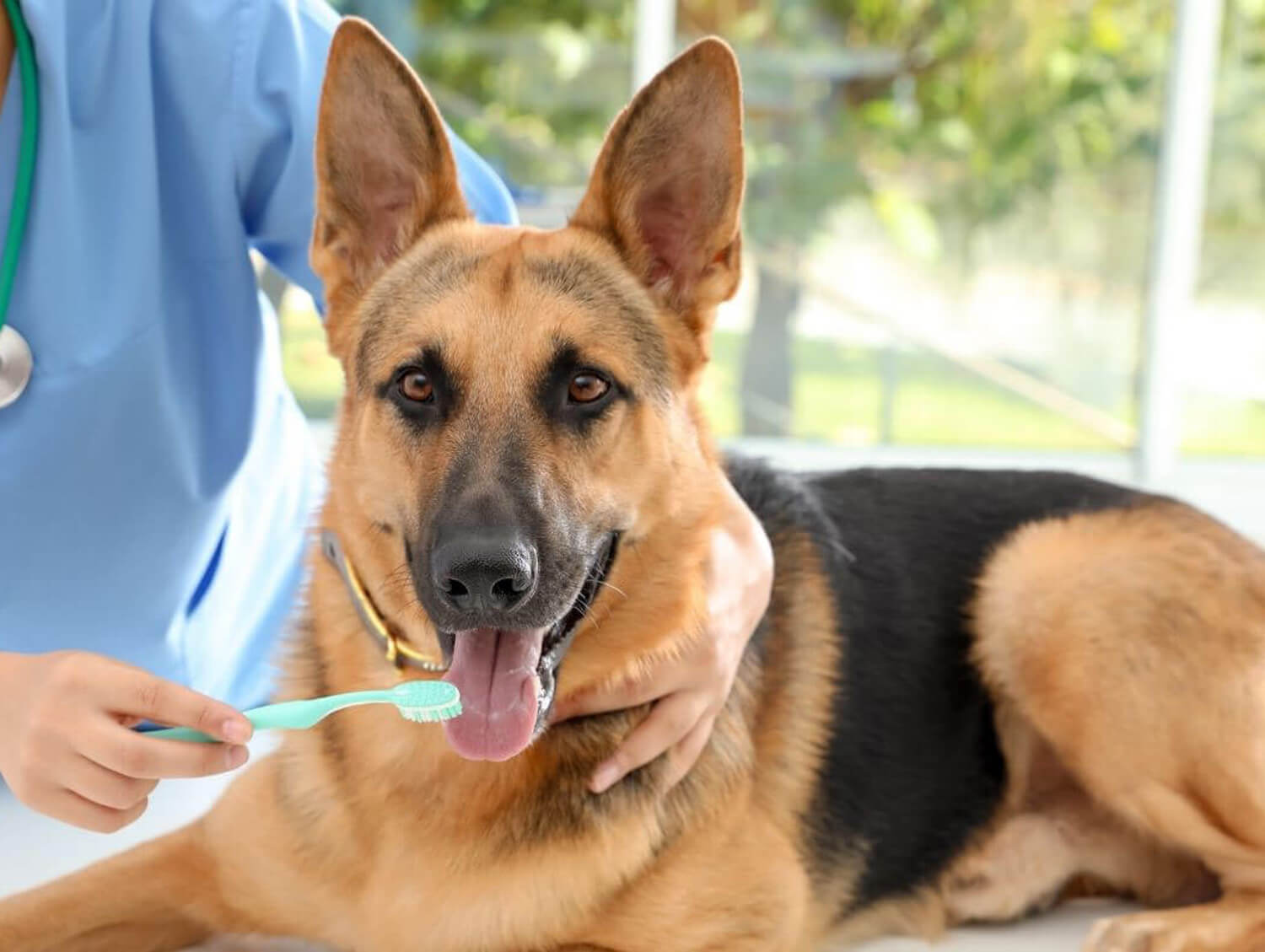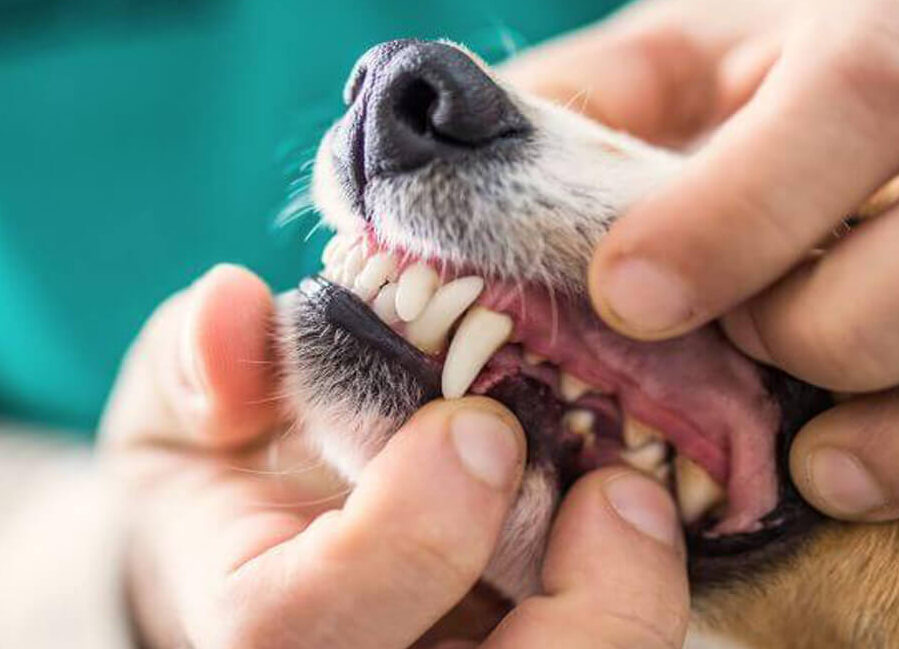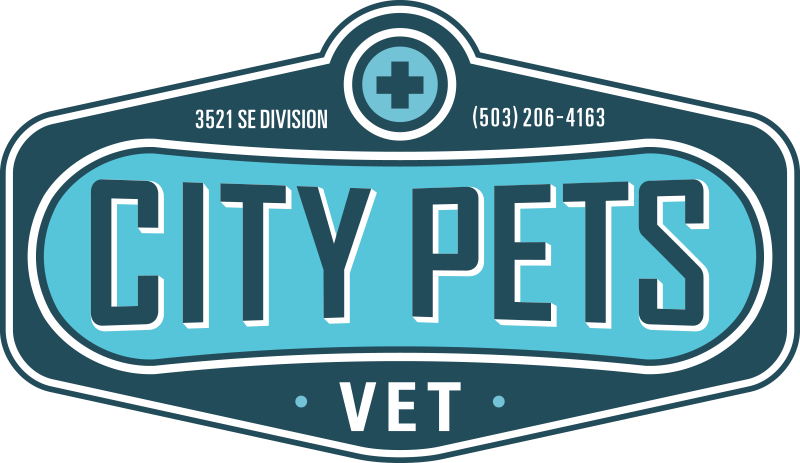Your Loving Vet In Portland, OR
Pet Dentistry in Portland, OR
City Pets Vet offers comprehensive pet dentistry in Portland, OR, including teeth cleanings, dental exams, and surgeries for pets.

Pet Dentistry in Portland, OR
Oral health plays a crucial role in your pet’s overall well-being. City Pets Vet offers comprehensive pet dentistry services designed to prevent, diagnose, and treat dental issues in dogs and cats. From routine teeth cleanings to dental surgeries, our team is dedicated to keeping your pet’s teeth and gums healthy.

Comprehensive Dental Care for Cats & Dogs
Routine dental care is essential for maintaining your pet’s oral and general health. Many pets don’t receive the regular oral hygiene they need, which can lead to tartar buildup, gum disease, and tooth decay. At City Pets Vet, we provide a full range of pet dentistry services, including:
- Dental exams and cleanings
- Digital dental x-rays
- Dental surgeries
- Polishing and fluoride treatments
We also educate pet owners on home dental care to help maintain their pets’ oral hygiene between professional cleanings.
When to Know If Your Pet Needs Dental Care
Identifying dental problems early can prevent more severe health issues. Some symptoms that indicate your pet may need to see a pet dentist include:
- Tartar buildup on teeth
- Loose or broken teeth
- Extra or retained baby teeth
- Bad breath
- Bleeding from the mouth
- Swelling around the mouth or face
- Decreased appetite or difficulty eating
- Dropping food while eating or unusual chewing
- Discolored teeth
If your pet is showing any of these symptoms, it’s time for a dental checkup.
Pet Teeth Cleaning & Exams
We recommend that pets receive a dog teeth cleaning and dental exam at least once a year. Some pets, especially those prone to dental issues, may require more frequent visits. Our team at City Pets Vet provides thorough cleanings, including removing plaque and tartar buildup, both above and below the gumline. Dental X-rays help us diagnose underlying problems that may not be visible during a physical exam.
Key Benefits of Pet Dentistry at City Pets Vet:
- Prevention of dental disease: Routine cleanings help prevent periodontal disease, tooth decay, and gum infections.
- Early detection of issues: Regular exams allow us to catch problems like broken teeth or infections before they worsen.
- Improved overall health: Healthy teeth and gums contribute to better overall health, as dental problems can lead to other serious health conditions.
- Pain relief: Dental care can relieve pain caused by infected or damaged teeth, improving your pet’s quality of life.
Ensure your pet’s dental health is taken care of—schedule an appointment with City Pets Vet today!

Dental Surgery in Portland, OR
If your pet requires dental surgery, our experienced team will guide you through every step of the process. We understand how stressful it can be to learn that your pet needs surgery, and we work to make the experience as comfortable as possible for both you and your pet. Our procedures include everything from extractions to treatment for advanced periodontal disease.
Before any procedure, your pet will undergo a full pre-anesthetic examination, including blood and urine tests, to ensure the safest possible care.
Prevention at Home
To maintain your pet’s dental health between visits, we recommend:
- Brushing your pet’s teeth regularly
- Providing dental chew toys or treats
- Avoiding hard bones or toys that could damage teeth
If you have any questions about your pet’s dental care or need help getting started with at-home cleaning, our team is happy to provide guidance.
Schedule an Appointment with a Dog Dentist Today
City Pets Vet is committed to providing excellent pet dentistry services to keep your pet’s smile healthy. Whether your pet needs routine dog teeth cleaning or more advanced dental care, we’re here to help. Contact us today to schedule an appointment with our expert dog dentist in Portland, OR.
